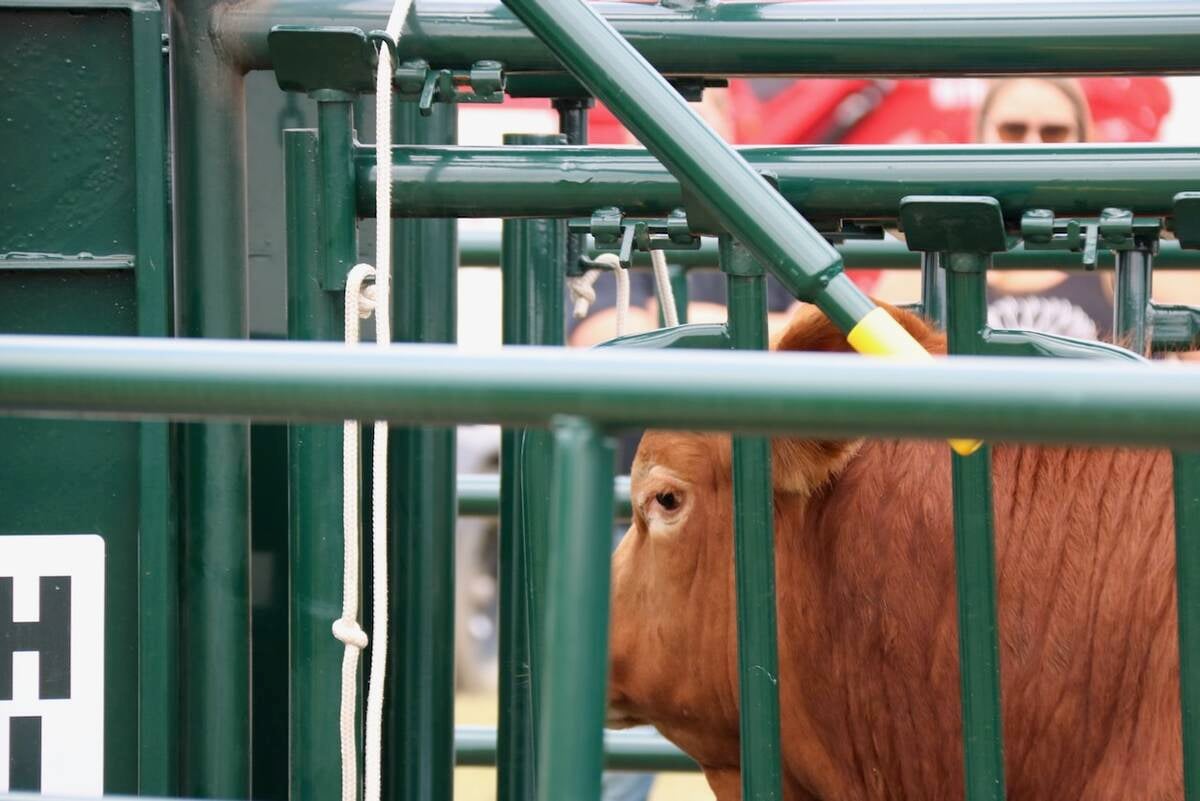Survey found 25 percent of producers expected 50 to 75 percent reduction in forage yields this year due to dry weather
Responses to a British Columbia Cattlemen’s Association survey are still being collected, but early results show that this summer’s drought has done its damage.
The BCCA began its survey in July and had collected about 60 responses from its 1,200 members as of early September.
General manager Kevin Boon said trends were already evident.
“It was showing that a lot were definitely looking at downsizing their cow herd, simply because they felt that the hay was too expensive. That might change a little bit because the price of hay has dropped…. We’re finding it has become a little more available,” said Boon.
Read Also

Good handling equipment a must on cattle operations
It’s important for the safety of producers and everyone else dealing with their stock that handling equipment is functional and safe.
“We’re finding that there is more feed out there than we thought.”
Andrea White, public affairs and marketing co-ordinator for the BCCA, said 25 percent of respondents expected a 50 to 75 percent reduction in forage yield and winter feed supplies. Another 50 percent said yields and supplies would be down by 25 to 50 percent.
Seventy-three percent said they might require more feed to maintain their herd.
“The worry is, where are they going to get that, because these conditions are prevailing right across the Prairies,” said White.
The cost of feed combined with transport charges can add up quickly, which might prompt herd reductions.
“Quite a number of people said they might have to sell off more cattle than they normally would, just in order to feed them through the winter,” said White.
As for other mitigation strategies, “a lot of people indicated shorter grazing times on their pasture and range because it just doesn’t have the amount of grass that it normally does.”
The survey shows livestock water supplies are below average or well below average for most respondents. Two-thirds had below or well-below average amounts for irrigation.
Eighty-three percent indicated that water storage in available reservoirs was below or well below average.
White said the survey asked about the impact of wildfires in the province, which have burned pasture, fences and houses in some areas.
She said most responses came before the wildfires did most of their damage, so more information on the impact will be forthcoming.
The BCCA will use results from the survey to analyze drought effects, which might affect the appeals it makes for assistance on behalf of producers.
White said some data might also be provided to the federal government so it can deploy its tax deferral program in affected areas.
That program allows producers to defer a portion of proceeds from drought-induced cattle sales to the next tax year. It requires that the breeding herd be reduced by at least 15 percent to qualify for the deferral.
barb.glen@producer.com















